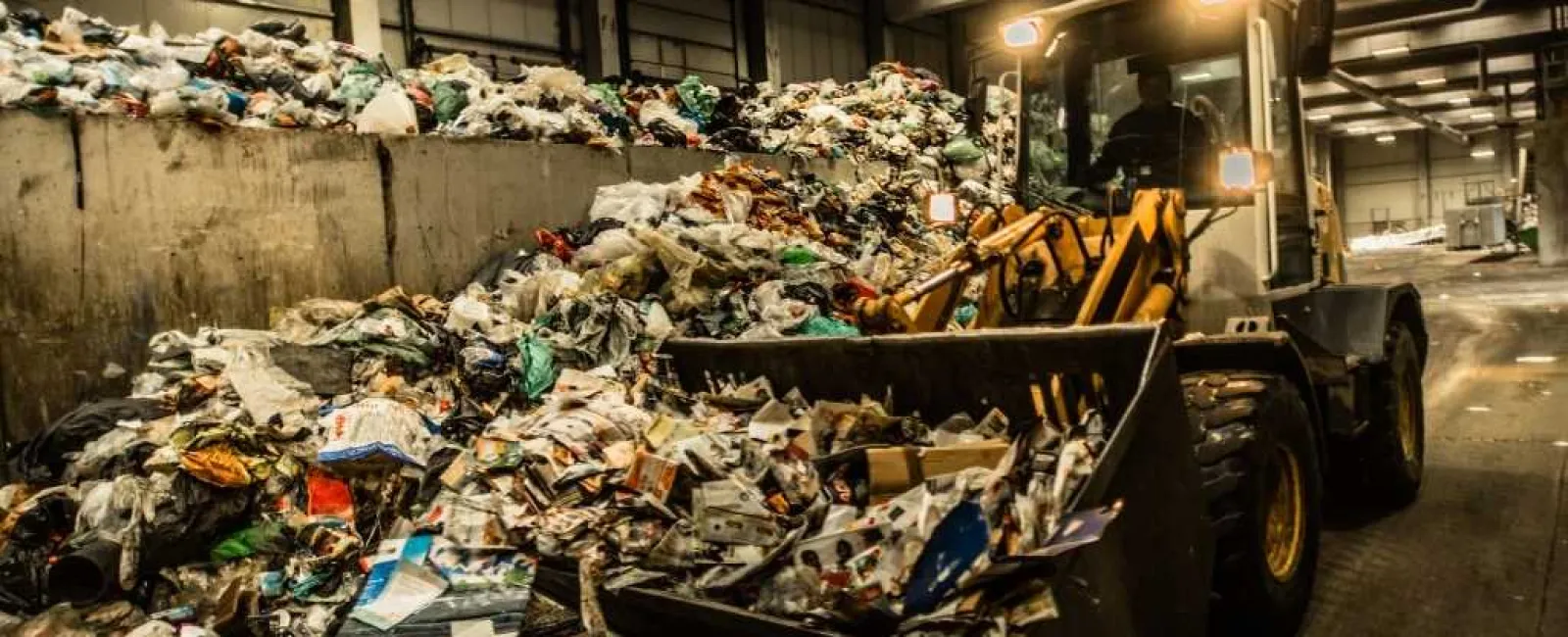August 22, 2025
A preventive maintenance schedule for industrial balers is essential to any successful waste management operation. When you approach maintenance strategically, your baler checklist becomes a proactive plan rather than a burdensome reaction to problems. Recycling equipment requires consistent care to perform at its best. A well-structured maintenance program can extend the life of your baler for decades and prevent the emergency breakdowns that often halt entire facilities.
The reality of running industrial balers is harsh. When equipment fails during peak production, businesses face thousands of dollars in downtime, missed deadlines, and costly service calls. Smart facility managers recognize that regular hydraulic maintenance and proper lubrication schedules are like insurance policies against these disasters. A breakdown during the busiest shipping season can do more than raise repair costs. It can cut productivity, stress employees, and even harm customer relationships.
Modern baler maintenance goes far beyond changing oil. Today, facilities use advanced monitoring systems that track performance, predict part failures, and improve overall efficiency. This reflects how recycling equipment has grown more complex—and how much more is expected from it in sustainable waste management. Companies that invest in preventive maintenance often see 40-60% fewer unexpected breakdowns and 15-25% better efficiency.
Daily Operations: Building the Foundation
Daily maintenance is the foundation of baler care. These tasks require little time but offer the most protection against sudden failure. Operators should make daily visual inspections part of their routine. Small problems spotted early prevent large repairs later.
At the start of each shift, a quick inspection can catch hydraulic leaks, worn belts, loose guards, or debris buildup. These checks take under ten minutes but may save hours of downtime. Experienced operators often notice changes in sound or vibration that signal problems before they worsen.
Daily testing of safety mechanisms is non-negotiable. Emergency stops, interlocks, light curtains, and guards must work perfectly to protect both workers and equipment. Documenting these tests helps with compliance and shields the company from liability.
Cleanliness is also critical. Dust, cardboard scraps, and plastic residue can block sensors, restrict ventilation, and create fire hazards. A clean baler runs more efficiently, lasts longer, and stays safe for the people working around it.
Weekly Intensive Maintenance
Weekly maintenance digs deeper into the system. These tasks keep the baler running smoothly and reduce the chances of emergency repairs.
-
Lubrication Service: Apply lubricants to chains, bearings, and moving parts. Always use high-quality lubricants recommended by the manufacturer.
-
Hydraulic Fluid Check: Inspect fluid levels, color, and consistency. Top off reservoirs and look for leaks around hoses or fittings.
-
Electrical Connections: Tighten loose wires and check for heat or corrosion. Normal vibration can loosen connections over time, creating fire risks.
-
Drive System: Inspect belt and chain tension with proper gauges. Loose belts slip, while overtightened ones wear parts prematurely.
-
Safety System Test: Verify that all interlocks and emergency stops work properly. Record results for compliance and accountability.
Monthly Comprehensive Evaluations
Monthly maintenance requires more time and technical skill. It often involves shutting down equipment temporarily.
Hydraulic pressure testing ensures the system meets specifications. Low pressure points to pump wear or leaks, while high pressure risks damaging components. Calibrated gauges provide early warning of problems.
Electrical testing expands beyond what you can see. Switches, sensors, relays, and controls must be tested under operating conditions. Replacing faulty parts during scheduled downtime prevents emergency failures later.
Filters also need attention each month. Clean hydraulic and air filters keep fluids flowing properly and protect expensive components. Filter inspections can also reveal signs of contamination that indicate deeper issues.
Quarterly Deep Maintenance
Quarterly maintenance is the most detailed level and often requires specialized tools. These tasks take more time but address long-term wear.
Structural inspections focus on welds, frames, and stress points. Balers endure enormous force, and cracks can develop without notice. Testing methods like dye penetrant or magnetic particle inspections can uncover hidden weaknesses.
Quarterly performance reviews are equally important. By analyzing cycle times, pressure readings, and energy use, operators can see trends that indicate parts wearing out or overall efficiency dropping.
Calibration of gauges and sensors should also take place every quarter. Proper calibration ensures accurate bale density, consistent performance, and reliable safety systems.
Annual Professional Service
Annual maintenance calls for certified technicians. These services go beyond what most facility teams can handle and often satisfy warranty or compliance requirements.
Hydraulic systems receive complete fluid replacement and seal checks. Technicians use specialized equipment to test performance and spot pump or valve issues.
Electrical systems are certified through advanced testing methods. Resistance checks, ground fault tests, and safety verifications are documented for insurance and compliance.
Control systems also receive updates. Software maintenance, backups, and performance tuning keep systems secure and efficient.
Conclusion: Protecting Your Investment
A preventive maintenance schedule turns a baler from a potential liability into a valuable asset. Facilities that follow structured maintenance see less downtime, lower costs, and longer equipment life.
The program outlined here balances day-to-day operations with scheduled deeper care. Success depends on management commitment, operator training, and consistency.
If you are ready to protect your baler investment and maximize efficiency, contact Crigler Enterprises. Our technicians understand the unique needs of industrial operations across the Southeast. We provide proven maintenance solutions that deliver measurable results, year after year.



